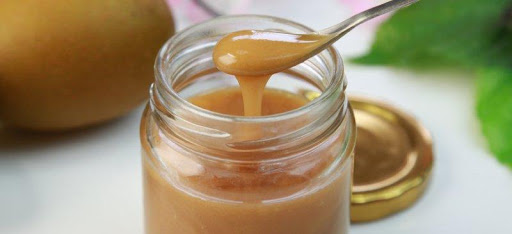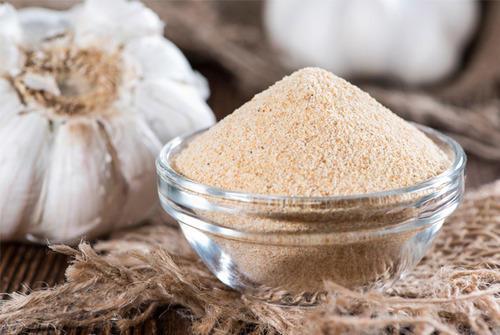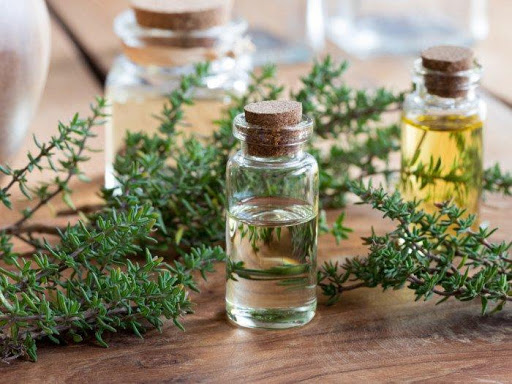Antibiotics are available in pharmacies worldwide by now. It doesn’t take much to ensure that any open wound you have remains clean and doesn’t get infected. What should you do when you need antibiotics, and there are none in your home?
Believe it or not, there are always antibiotics in your home. Natural antibiotics come in many shapes and sizes. Many household necessities can be used as antibiotics. That is the wonder of nature.
Before we get into the home remedies for preventing infection, I suggest you consult with your doctor about using any of these so that you’ll be professionally notified of what each natural antibiotic is capable of. Let’s get into it, shall we?

Honey
Honey was one of the first ever natural antibiotics to be recognized for its infection preventative attributes. Even the Ancient Egyptians used honey to protect their skin from infection.
Honey works as an antibiotic thanks to the hydrogen peroxide contained within it. The high content of sugar in honey also helps keep bacteria at bay.
Honey also has a low pH level which draws in moisture, causing the bacteria present to get dehydrated and die off.
If you decide to use honey to prevent infection, you should apply it directly to the wound and spread it around the entire area. The honey will start killing off the bacteria growing there, preventing any outbreak or infection.
Eating honey on a daily basis improves your body’s immune system as well, which can improve your entire body’s ability to fight infection. The best kind of honey to use is Manuka honey.

Garlic Extract
Garlic extract was discovered to have antibacterial properties in 2011. Many countries already use garlic extract as a common means of preventing or curing infections.
You can buy garlic extract in a pharmacy or just soak a couple of garlic cloves in olive oil to make your own. Raw garlic extract is quite strong and can even cause internal bleeding if you ingest too much at one time. Make sure you don’t eat any more than two cloves in a single day. For more specific instructions, I recommend you consult your doctor.
If the infection you wish to prevent is at skin level, you can rub the garlic extract on the surface of your skin. You may leave a mixture of garlic clove and olive oil on the skin overnight with a cloth to cover it for maximum effect.

Thyme Essential Oil
Thyme essential oil works well in natural cleaners but can also be used as an antibiotic. Thyme essential oil can be applied to your skin and helps to prevent infection even from antibiotic-resistant germs.
You should never ingest thyme essential oil. Also, be aware that some people are allergic to concentrated thyme oils. Try a bit on your skin first. If the area you placed it on gets itchy or inflamed, avoid using it. If you suffer from high blood pressure or hyperthyroidism, then don’t try using thyme essential oil at all.


